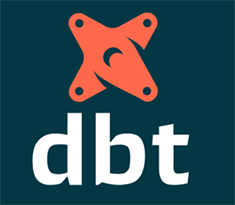Overview on how to source data from a table in a different GCP project based on the environment.
Introduction:
In data warehousing, it is common to have different environments such as development, staging, and production. When working with data in a GCP environment, it is often necessary to source data from tables in different GCP projects based on the environment.
Step 1: Set up service accounts
In order to access the data in the different GCP projects, you will need to set up service accounts for each project. Service accounts are a way for your GCP project to interact with other GCP projects or with other resources outside of your project. You can create a service account for each environment and grant it the necessary permissions to access the data in the other GCP project.
Step 2: Create environment variables
Once you have set up the service accounts, you can create environment variables to store the credentials for each service account. This allows you to switch between service accounts depending on the environment.
For example, you can create the following environment variables:
Step 3: Modify your DBT model definition In your DBT model definition, you can use the environment variables to specify the project ID and service account key file based on the environment.
For example, you can use the following code:
Step 4: Run your DBT command Finally, you can run your DBT command with the desired environment. For example:
In this article, we have explained how to source data from a table in a different GCP project based on the environment in DBT. By using environment variables and conditional statements in your DBT model definition, you can easily switch between service accounts and source data from different GCP projects based on the environment.
Get more useful articles on dbt







